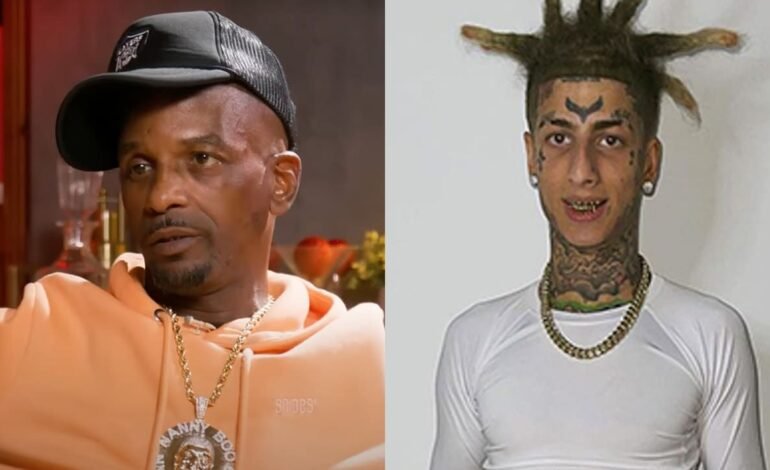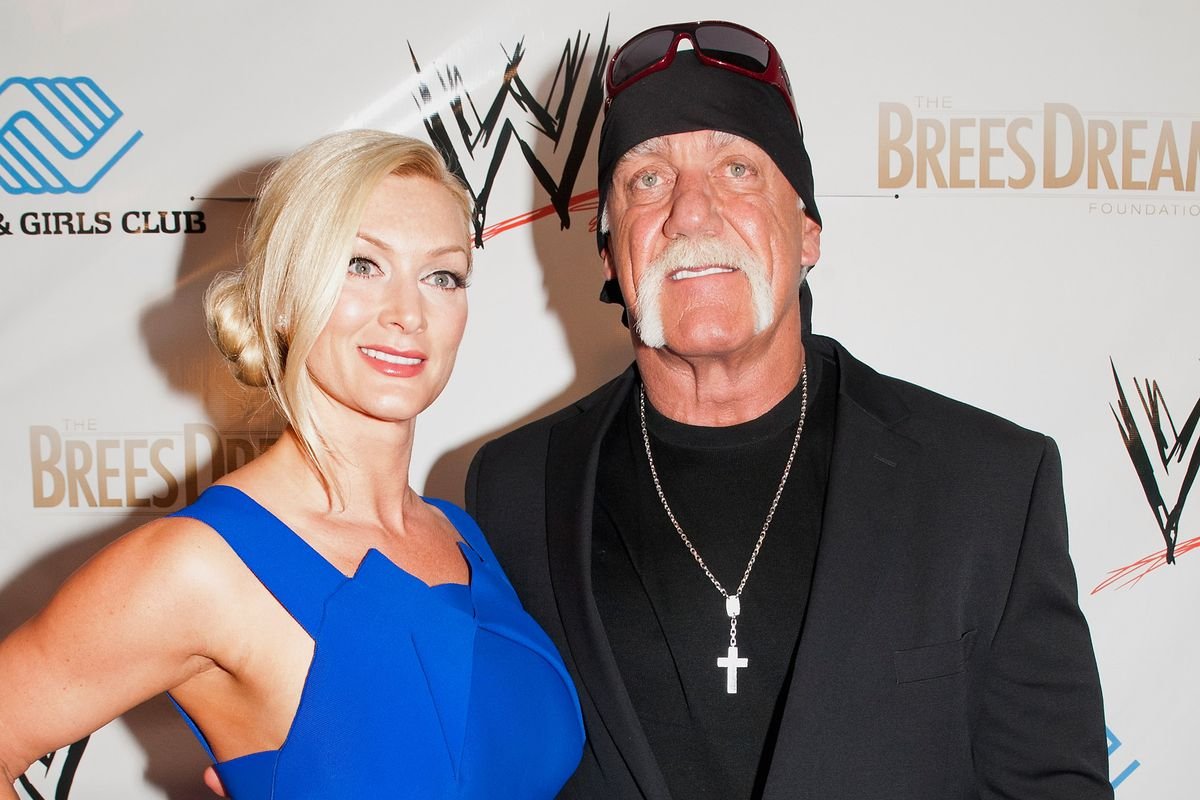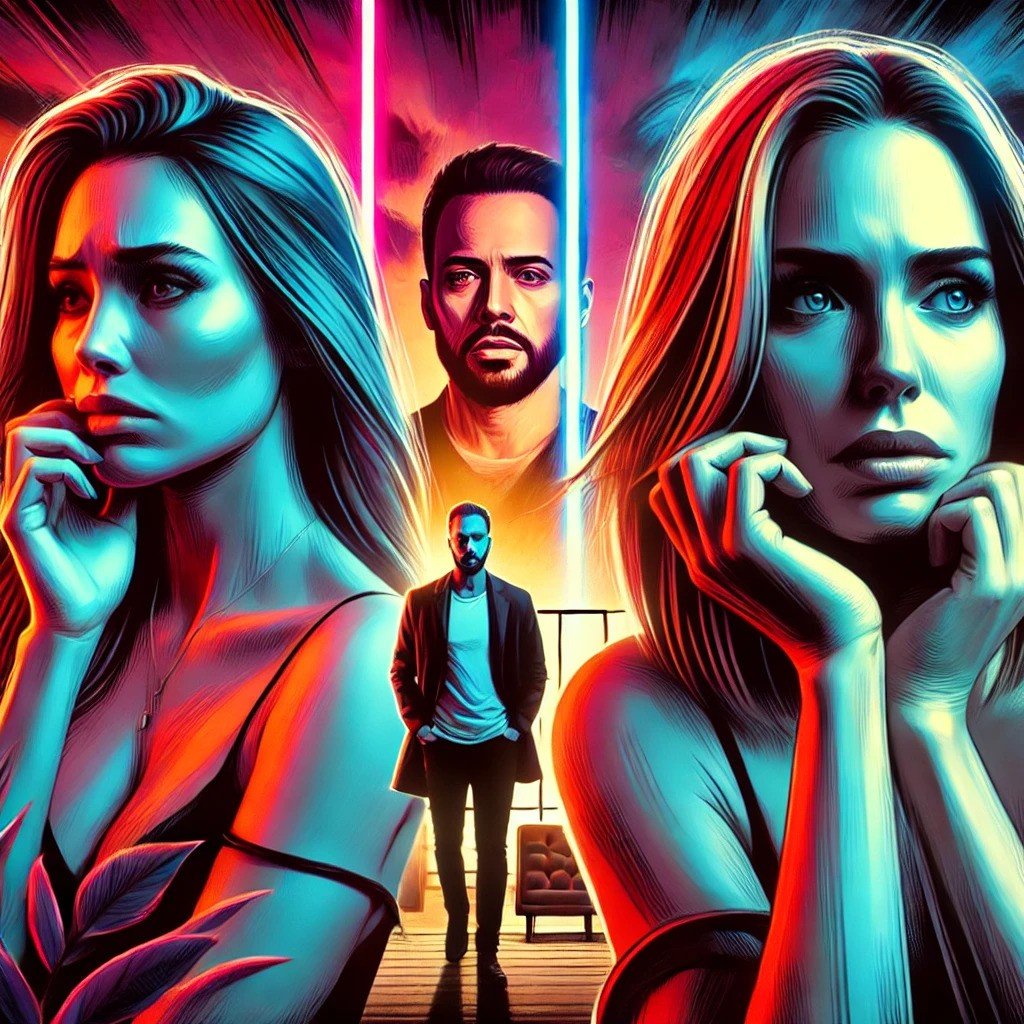Charleston White vs. Island Boy: What The Clash is About?

Charleston White, a punchy internet personality pushing 50, versus Island Boy Kodiyakredd. Or to be more specific, half of the social media sensation, the Island Boys. Sounds like something plucked from the ‘New Memes Daily’ subreddit rather than a real sporting event. A meme-worthy match was the Adin Ross–promoted Brand Risk 008 influencer boxing event that took the internet by storm. Yeah, it’s not about throwing punches and knocking people out; it’s a much, much bigger reflection of what ‘events’ are defining present-day internet culture.
From influencer boxing to star and social media hype inflating both news and notoriety, such incidents bear ample information on what people look up to entertainment and where the demarcation between real life and online spectacles is getting blurred. Let’s unpack this fight’s cultural meaning and what it signifies about changes in online cultures.
The Rise of Influencer Boxing
Influencer boxing has gone far beyond that of a mere flash-in-the-pan TikTok trend. It’s now firmly entrenched within the legitimate world of entertainment – and quite big business at that. What started as online face-offs between YouTubers such as Logan Paul versus KSI has now turned into an international spectacle.
It’s super simple, but it’s also just brilliant – put two internet personalities ‘feuding’ in real life against each other into an overhyped, overblown boxing match, and voila – drama, contrivance, and sports entertainment.
Charleston White versus Kodiyakredd was just such a poster. Here were two very different online personas, each able to draw seemingly little in common other than attention itself.
Face Kodies from the Island Boys with a social media ranting Charleston and fire, indulging in internet sensation reasons; the juxtaposition was not just real but also drew the line in the sand on what two opposite ends of a spectrum regarding viral fame would look like.
The appeal is clear—as it turns out, people watch not quite for the athletic side of things. Who’s going to wilt under the bright lights? Will there be epic trash talk? Most importantly, who will emerge triumphant? The fight serves as a tangible climax to months of online drama, as set forth by social media.
Social Media Amplification and the Frenzy It Creates
Charleston White draws interest, and one of the reasons has to do with the amplification effect of social media. Having a dual function in building up, through TikTok, specifically, along with Instagram and Twitter, hype for events, and making sure their aftermath lasts much longer than the actual duration of the match.
Take this particular bout at Brand Risk 008. Online, for weeks before the event, Charleston White and Kodiyakredd exchanged insults, further hyping their ‘beef’ and making their fight too irresistible to miss. Press conferences were picked apart, verbal sparring clips shared, memes and ‘verbal sparring’ debates flourished. Pre-shows were circulating around memes on how the event would happen.
Post-match internet did its thing of turning fight instances into viral content. Clips of White’s decisive punch were going round the loop on Twitter, accompanied by all kinds of witty captions and memes mocking Kodiyakredd’s loss. Comments ranged from the hilarity of the Island Boys trying to box to the entire ridiculous nature of a middle-aged internet troll bringing them down.
With memes and reactions being churned out one after another, it is indicative of how internet culture has shifted towards a culture of shareable moments, whether gotten through with genuine admiration, engagement in irony, or outright ridicule. The measure of the success of the fight was not only in the viewers who watched it live, but in the total number of people who engaged in online buzz discussion about how ridiculous it was going to be.
Controversy as a Currency
This, more so, underscores one of the fundamentals of contemporary internet culture – controversy is interesting. Charleston White has been tagged with controversy. Whether it is his unchecked takes on popular culture or politics, his unsolicited opinions have landed him in both hot water and a burgeoning fan base. Kodiyakredd, as well as his brother, Flyysoulja, have also dug into that polarization; their loud indulgences and hyperbolic antics have managed to keep them treading the headlines while critics continue to pooh-pooh everything about them.
The event put them in the ring together, marketing fueling off their controversies. Likely, Charleston White’s detractors tuned in hoping to see him crash and burn while The Island Boys’ fans turned up doing the same in reverse. Divided viewership creates this strange but potent blend of viewership with chatter always on, be it positive or negative.
Most importantly, it shows that the borders between online personae and offline actions are indeed getting fuzzier. Both Charleston White and Kodiyakredd had milked their personae with pre-fight trash talk and theatrics. But once the gloves came on, the performance turned into something real—or at least “real” enough for the internet to care.
What This Says About Audience Preferences
It speaks a lot about the success of the fight as an indicator of what today’s audiences look for in their entertainment. Long gone are the days when it was merely talent or skill that captured the public’s imagination. Today, it’s the narratives, personalities, and polarisation that people want. It’s any form of ‘competition’ in which drama takes place in real time, in fact, more than just a ‘competition,’ there is a ‘story’
Salvation, as far as it can even be appealed to the situation, came through the humor of the fight. The very idea of bringing two online-famous personalities who aren’t athletes to a serious boxing match is preposterous. But this very preposterousness is what made it a meme, proving that entertainment need not be taken seriously to work, and only succeed.
Another aspect that needs to be observed regarding such events is the interaction of audiences with them. It’s no longer a passive experience; fans create memes, react in tweets, post TikToks, and even argue in comment sections of posts. They shape the narrative just as much as the organizers. The event quite literally lives on through its audience.
The Blurring of Entertainment and Spectacle
This bout is a perfect example of how web culture is transforming the essence of entertainment itself, no longer just a channel for art or talent, but a combination of performance, personality, and conflict in the round. This, in essence, is the new form of entertainment. The marriage of sports with social media drama influenced boxing and created something that was truly appropriate for today’s economy of attention.
Critics may say that a match such as Charleston White vs Kodiyakredd does not have authenticity, but its acceptance shows a different story. These matches are popular because they mirror the mad, over-the-top, and frequently funny world of online culture itself. This is not so much entertainment; it is a mirror.
The Outcome?
When Charleston White defeated Kodiyakredd, this was certainly more than just one influencer’s boxing victory; rather, it represented modern online culture’s absurdity and paradoxes. All of the noise and disruption attached to a historic fight is what the digital age revels in—unleashed only by the collective eye of the internet, filled with memes and personalities.
But all this begs the question for us as consumers: what do we want as an audience, and who do we support with our ratings? Do we support the cultivation of a cultural landscape where hype equals revenue, or are we merely entertained by the show? Whatever the case may be, one fact is undeniable- such extravaganza is a permanent part of today’s world, and the cultural quotient of such activities is going to increase in the forthcoming years.






